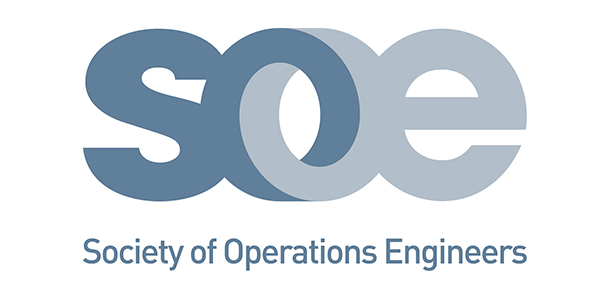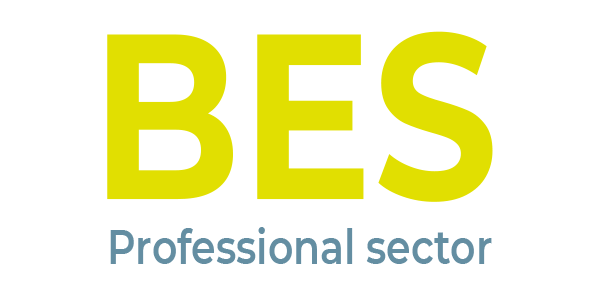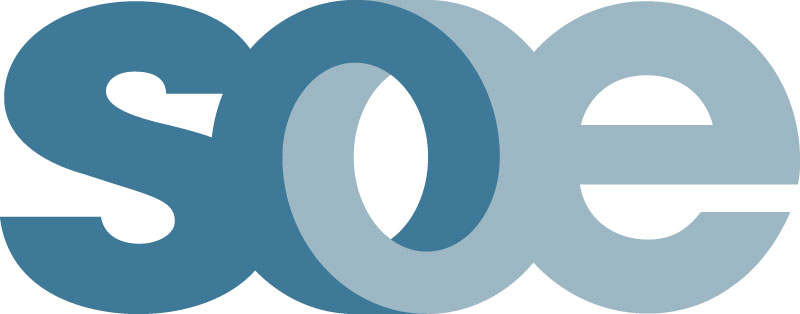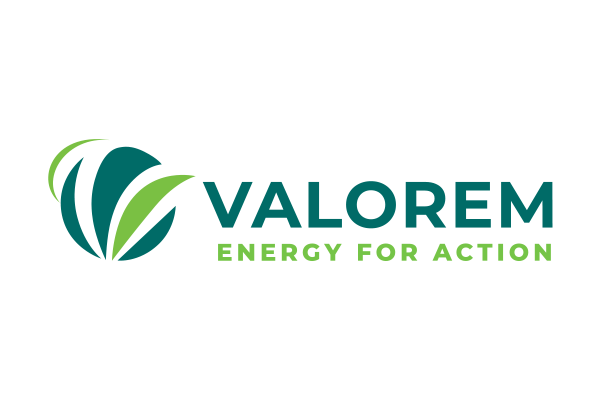How to keep your lifting equipment safe and compliant?
At AV Statutory Inspections, we understand the importance of keeping your lifting equipment safe and compliant under the LOLER regulations of 1998. As national providers of LOLER Inspection, Testing, Thorough Examination, and Certification services, we are committed to helping companies maintain the highest standards of safety in the workplace.
The LOLER regulations of 1998 require companies to undergo Lifting Equipment Inspections to ensure compliance and safety standards are met. As experts in this field, our team of highly qualified engineers are equipped to provide thorough inspections, testing, and certification services for all types of equipment covered under LOLER 1998, as well as other relevant regulations such as PUWER, WAHR, and PSSR.
From Lifting Equipment and Accessories to Mobile Plant Equipment and Industrial Doors, we offer comprehensive inspection services to ensure that your equipment is in compliance with regulations and safe for use.
We understand that keeping lifting equipment compliant can be a challenge for businesses. That’s why our inspection database is designed to automatically plan the next due dates for each inspection. This allows us to notify our customers in advance when their lifting equipment needs to be inspected and certified again, ensuring that they always remain compliant.
Under Regulation 8(2) of LOLER, a lifting operation is defined as “an operation concerned with the lifting or lowering of a load.” This includes any instance where equipment or machinery is used to lift objects, people, or animals in the workplace. Therefore, it’s essential for companies to adhere to LOLER regulations to ensure the safety of their employees and compliance with legal requirements.
By partnering with AV Statutory Inspections for LOLER Inspection services, companies can benefit from our expertise and commitment to safety. Our team works diligently to ensure that all lifting equipment is thoroughly inspected, tested, and certified, giving businesses peace of mind knowing that their equipment is safe and compliant.
In conclusion, maintaining safety and compliance under LOLER regulations is paramount for businesses operating lifting equipment. With our comprehensive inspection services and expert guidance, companies can ensure that their equipment meets the highest safety standards, protecting both employees and the business itself. Trust AV Statutory Inspections for all your LOLER Inspection needs and keep your lifting equipment safe and compliant.
What types of equipment are classified as lifting equipment and accessories under LOLER 1998?
Under LOLER 1998 regulations, various types of equipment and accessories are classified as lifting equipment. It’s crucial for businesses to understand these classifications to ensure compliance and safety in the workplace.
Lifting equipment and accessories encompass a wide range of machinery and tools used for lifting, lowering, or suspending loads. Some common examples include:
- Cranes: This includes mobile cranes, tower cranes, overhead cranes, and gantry cranes, which are used for lifting and moving heavy loads in construction, manufacturing, and other industries.
- Hoists: Hoists are devices used to lift or lower loads vertically. They come in various types, including electric hoists, chain hoists, wire rope hoists, and manual hoists, and are commonly used in warehouses, workshops, and construction sites.
- Lifts: Passenger and goods lifts, such as elevator systems, are classified as lifting equipment under LOLER regulations. These lifts are used to transport people or materials between different floors in buildings.
- Lifting accessories: Accessories such as slings, shackles, hooks, and chains are essential components of lifting operations. These accessories are used to attach loads to lifting equipment securely and safely.
- Forklift trucks: Forklifts are commonly used in warehouses, distribution centers, and construction sites to lift and move heavy pallets and materials. They fall under the category of lifting equipment and must comply with LOLER regulations.
- Mobile plant equipment: This category includes vehicles and machinery equipped with lifting capabilities, such as cherry pickers, scissor lifts, and telescopic handlers. These machines are used for various tasks, including maintenance, construction, and material handling.
- Overhead lifting equipment: Overhead lifting equipment, such as overhead cranes and monorail systems, are used to move loads horizontally along a fixed path. These systems are commonly found in manufacturing facilities and warehouses.
- Vacuum lifting equipment: Vacuum lifting devices use suction to lift and transport loads, such as glass panels, sheet metal, and bags. They are often used in industries where fragile or irregularly shaped items need to be handled with care.
By understanding the types of equipment classified as lifting equipment and accessories under LOLER 1998, businesses can ensure that they meet the necessary safety and compliance standards. Regular inspection, testing, and maintenance of lifting equipment are essential to prevent accidents, protect employees, and maintain a safe working environment.
How often do I need to have my lifting equipment examined?
Under LOLER 1998 regulations, companies are required to have their lifting equipment and accessories inspected regularly to ensure compliance and safety in the workplace. The frequency of inspections depends on various factors, including the type of equipment, its usage, and the environment in which it operates. In general, LOLER recommends that lifting equipment undergoes thorough examination by a competent person at least once every 6 to 12 months. However, more frequent inspections may be necessary for equipment that is subject to heavy use, harsh operating conditions, or significant wear and tear. Additionally, any modifications or repairs made to the equipment should prompt an immediate inspection to verify its safety and compliance. By adhering to these inspection schedules and ensuring that lifting equipment is properly maintained, companies can minimize the risk of accidents, protect their employees, and maintain a safe working environment.
Why choose AV Statutory Inspections?
Choosing AV Statutory Inspections for LOLER inspections is a strategic move for companies seeking to ensure compliance and safety in their operations. As a national provider of Testing, Inspection, Certification, and Training Services, our commitment to excellence is unwavering. Our team of highly qualified, experienced, and competent engineer surveyor’s collaborate closely with our clients to uphold the highest standards of safety and compliance. With AV Statutory Inspections, companies can trust that their lifting equipment and accessories inspections are conducted to the highest of standards ensuring both equipment and personnel safety. Listed are some of our nationally recognized Accreditations and Industry Body Memberships, including the Society of Operations Engineers, IPAF, BSI, and the Bureau of Engineering Surveyors. These accolades underscore our dedication to quality and reliability, giving our clients confidence in our services and peace of mind knowing they are in compliance with LOLER regulations.
continue reading












